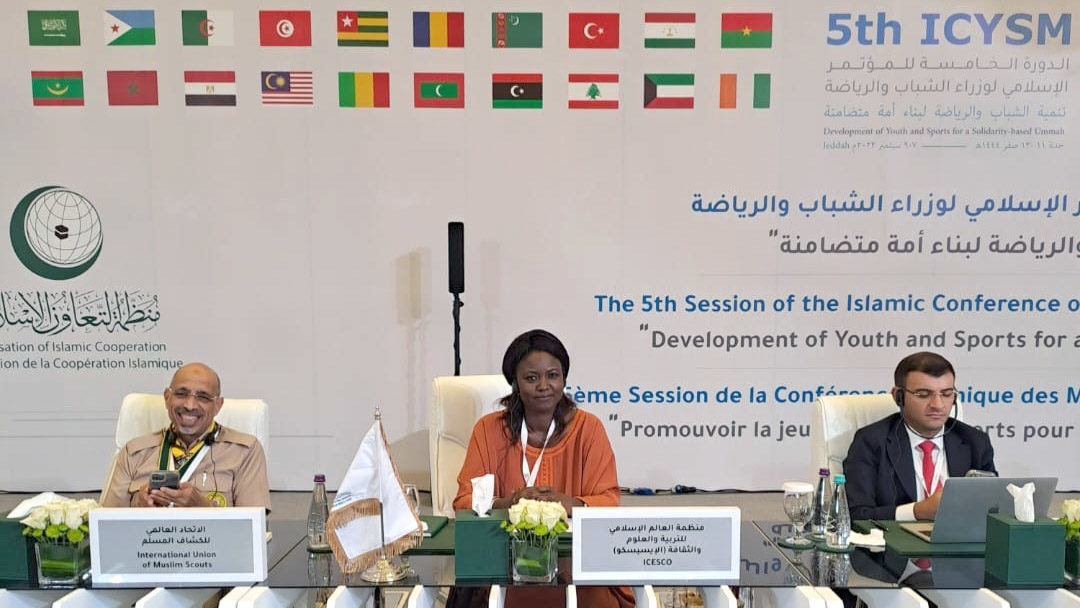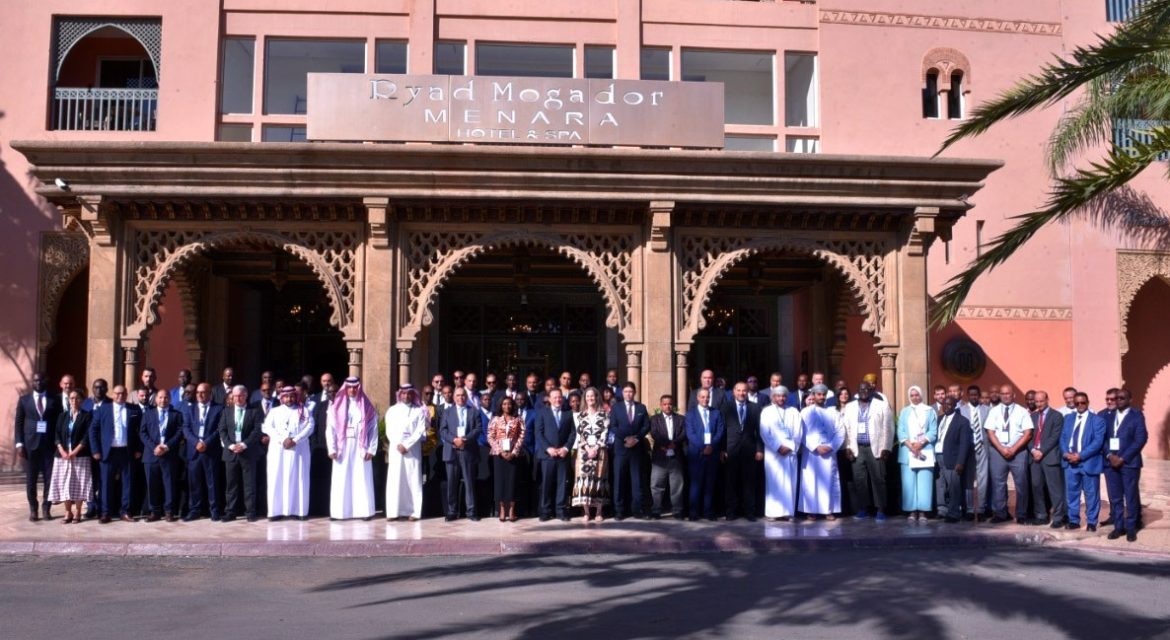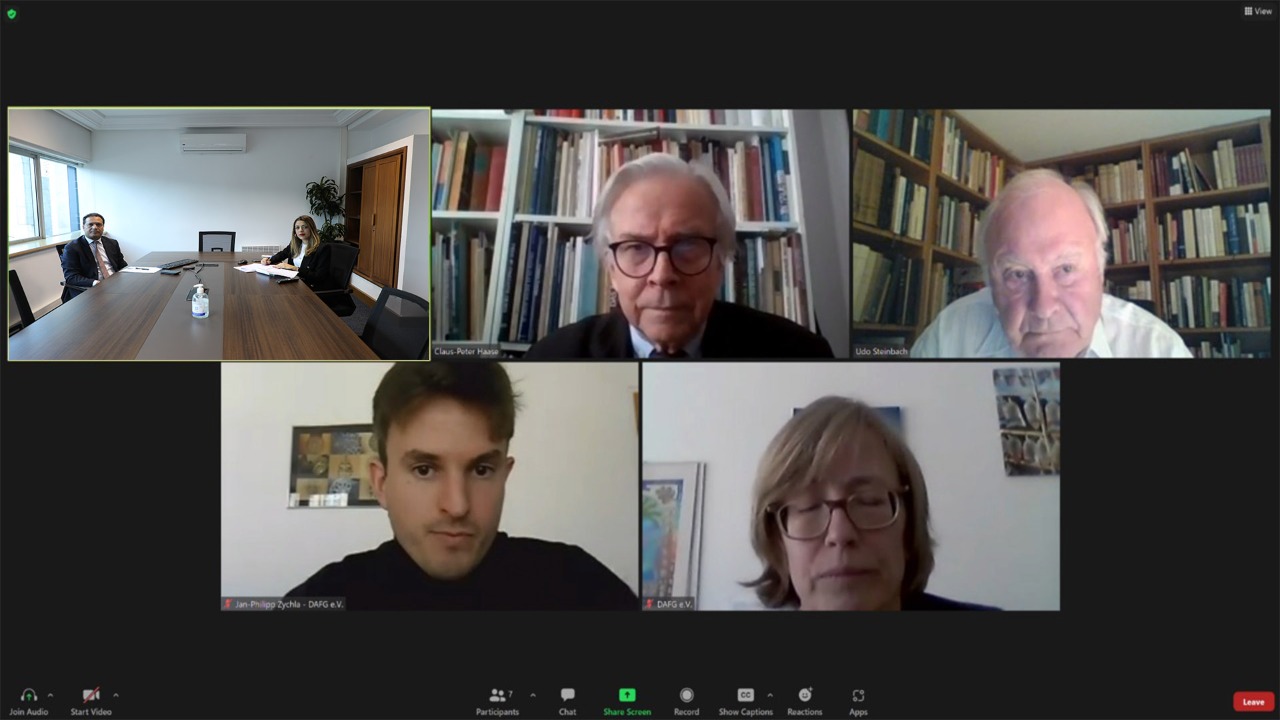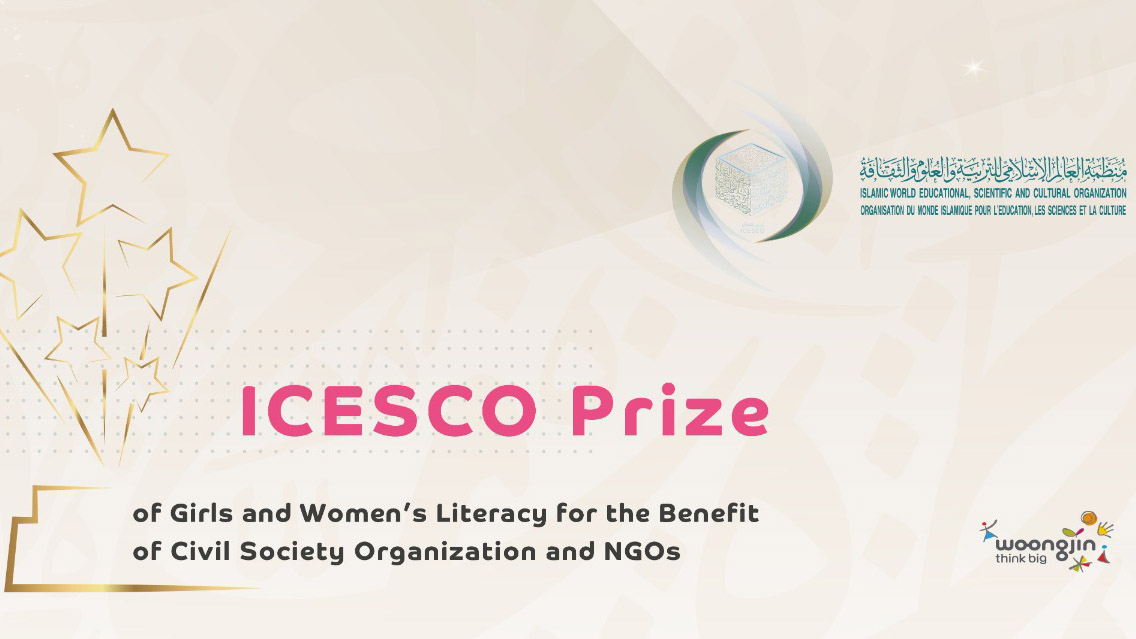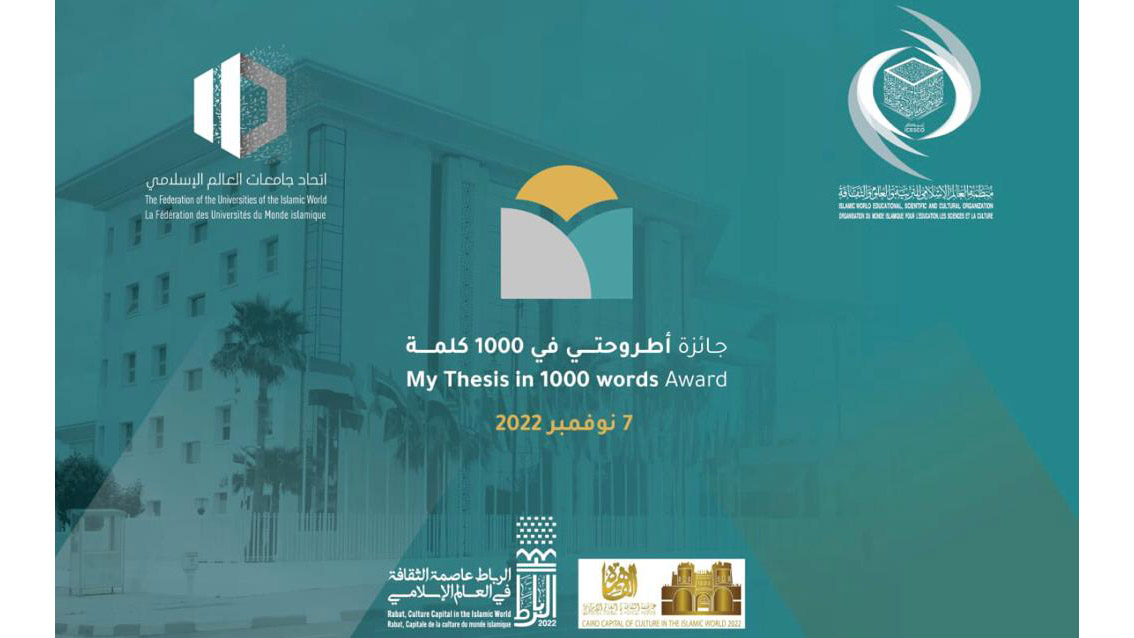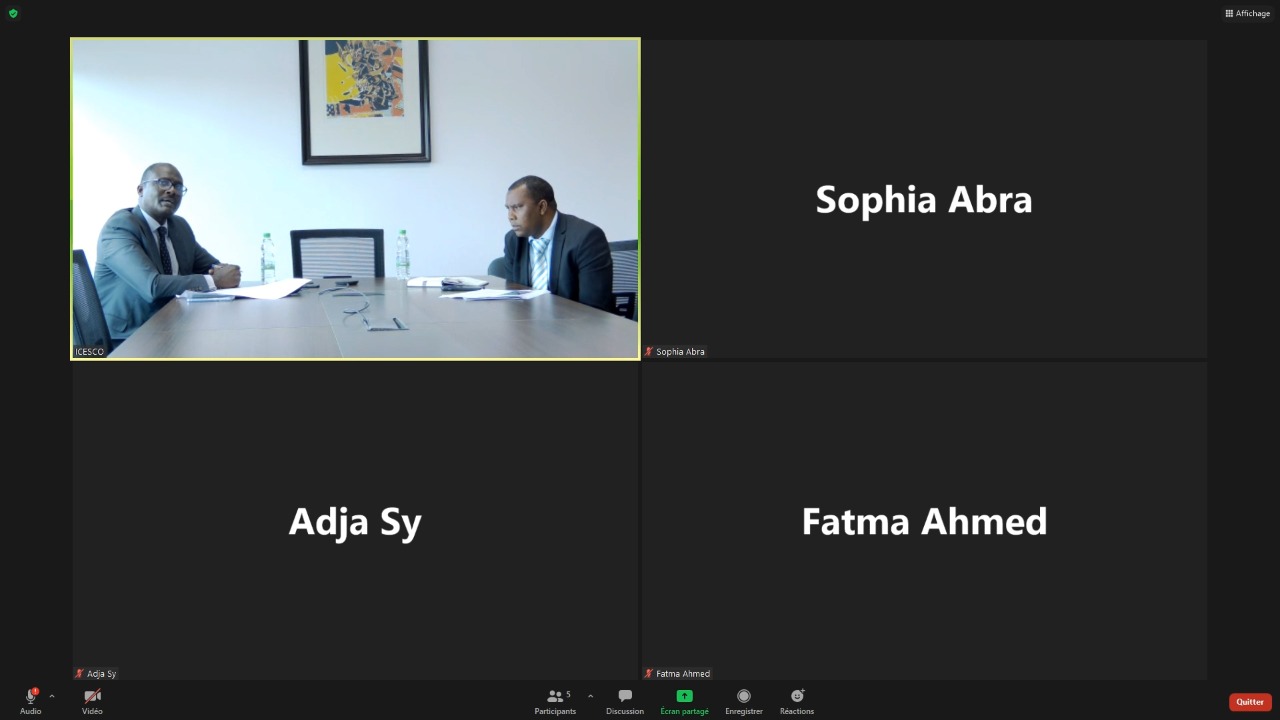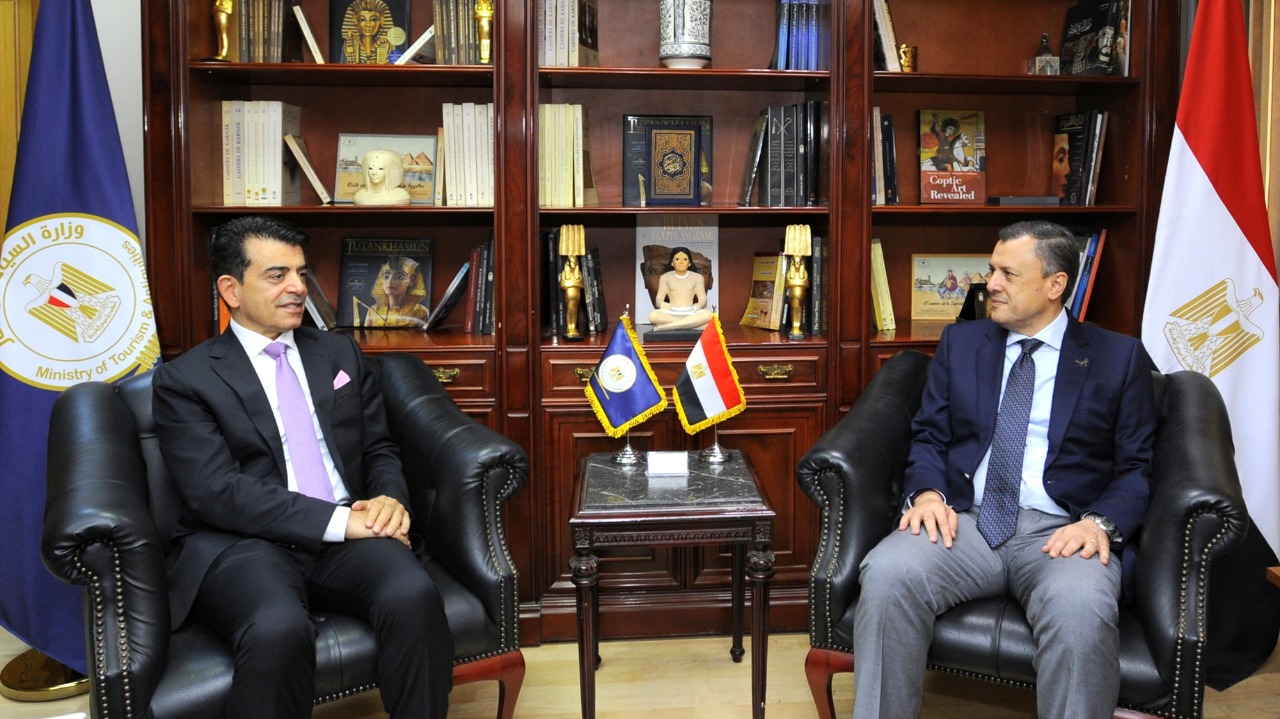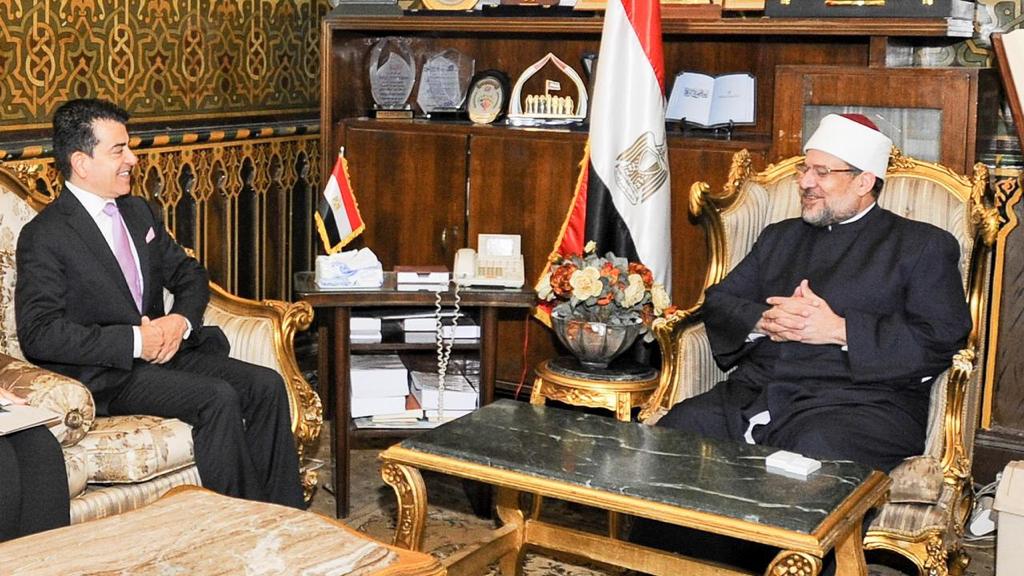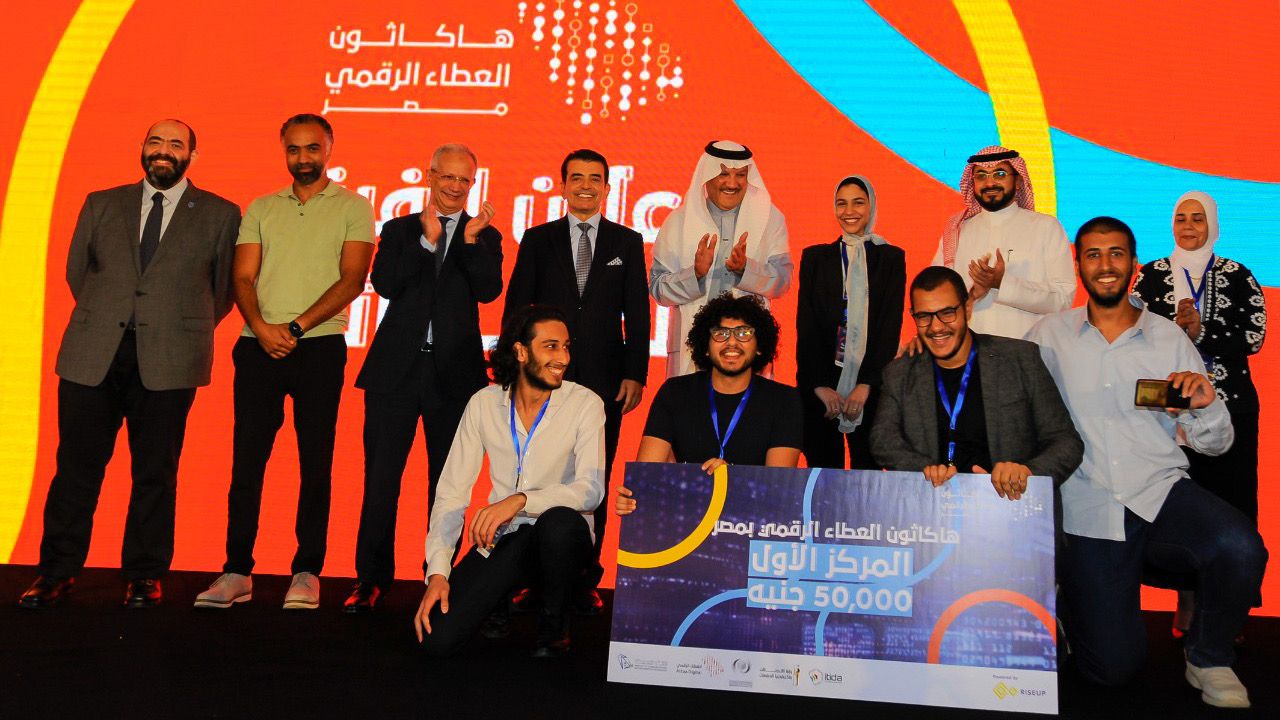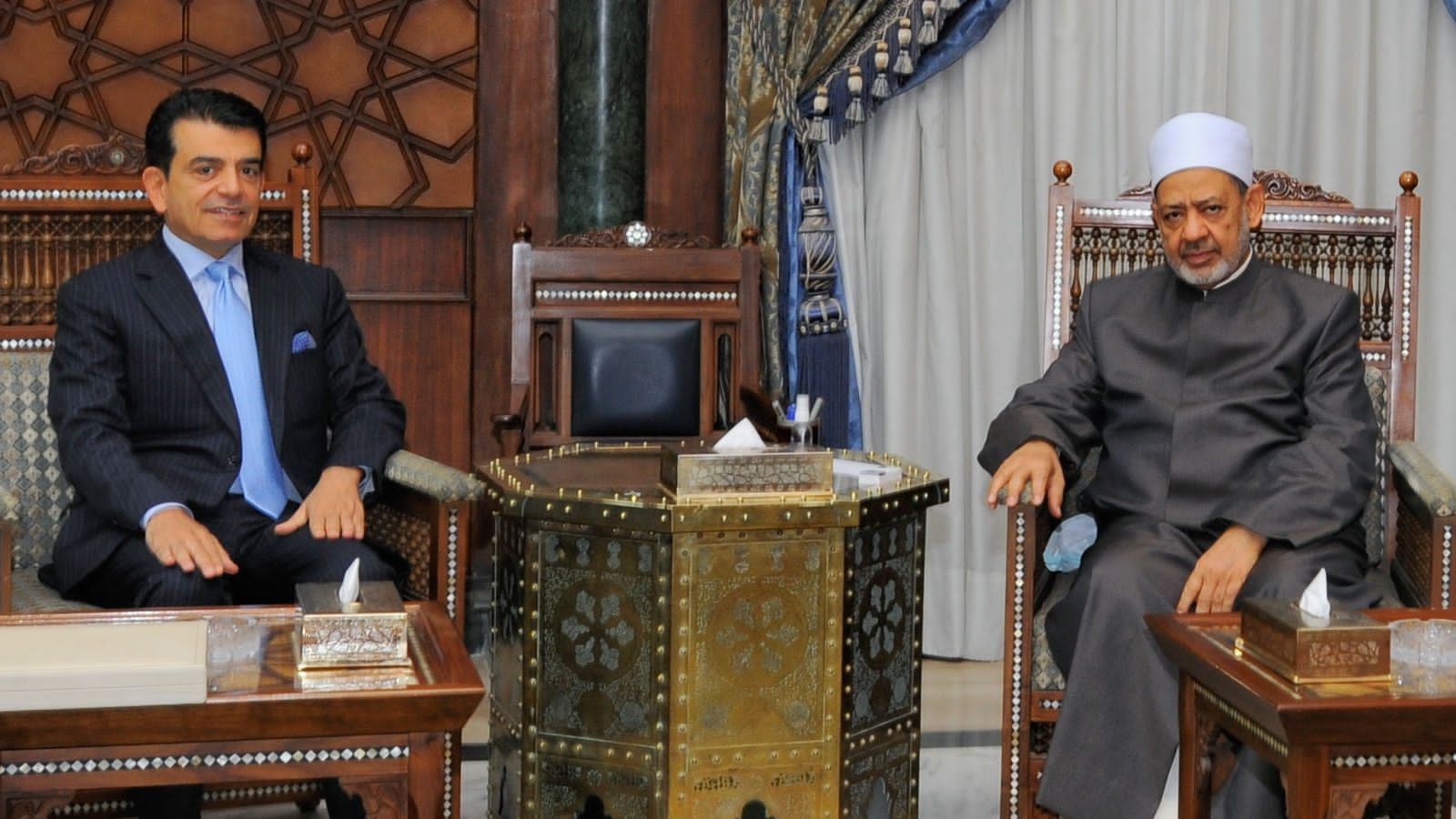The Islamic World Educational, Scientific and Cultural Organization (ICESCO) took part in the 5th Session of the Islamic Conference of Youth and Sports Ministers, held by the General Secretariat of the Organisation of Islamic Cooperation (OIC), in Jeddah, Kingdom of Saudi Arabia, on 7-9 September 2022, under the theme: “Youth and Sports Development for a Solidarity-based Ummah.”
The Conference focuses on the situation of young people in the OIC Member States and stresses the importance of building their capacities to enable them to assume their roles in achieving sustainable development by capitalizing on sports.
Ms. Ramata Almamy Mbaye, Head of the Sector of Human and Social Sciences, represented ICESCO at the Conference. Ms. Mbaye gave an address where she highlighted the importance of supporting the youth, building societies, and disseminating the values of Islamic civilization. She noted that ICESCO prioritizes the issues of women and youth in its new vision and implements programs and initiatives that aim at building the capacities of young people in the fields of education, entrepreneurship, innovation, building peace, and promoting healthcare, culture, and sports.
Likewise, the ICESCO official gave an overview of key programs and activities that ICESCO implements in the field of building the capacities of youth and women, notably, the Leadership Training in Peace and Security Program (LTIPS), Young Professionals Program, and the Project of Countering COVID-19 Effects through Supporting Innovation and Entrepreneurship among Women and Youth.
At the close of her address, Ms. Mbaye called on the OIC bodies and other stakeholders to join ICESCO’s peace-based development initiatives and adopt a comprehensive and multisectoral approach to support women and young people.
The ICESCO representative also held several meetings, on the sidelines of the Conference with the representatives of several organizations and participating countries to explore prospects of promoting cooperation.

